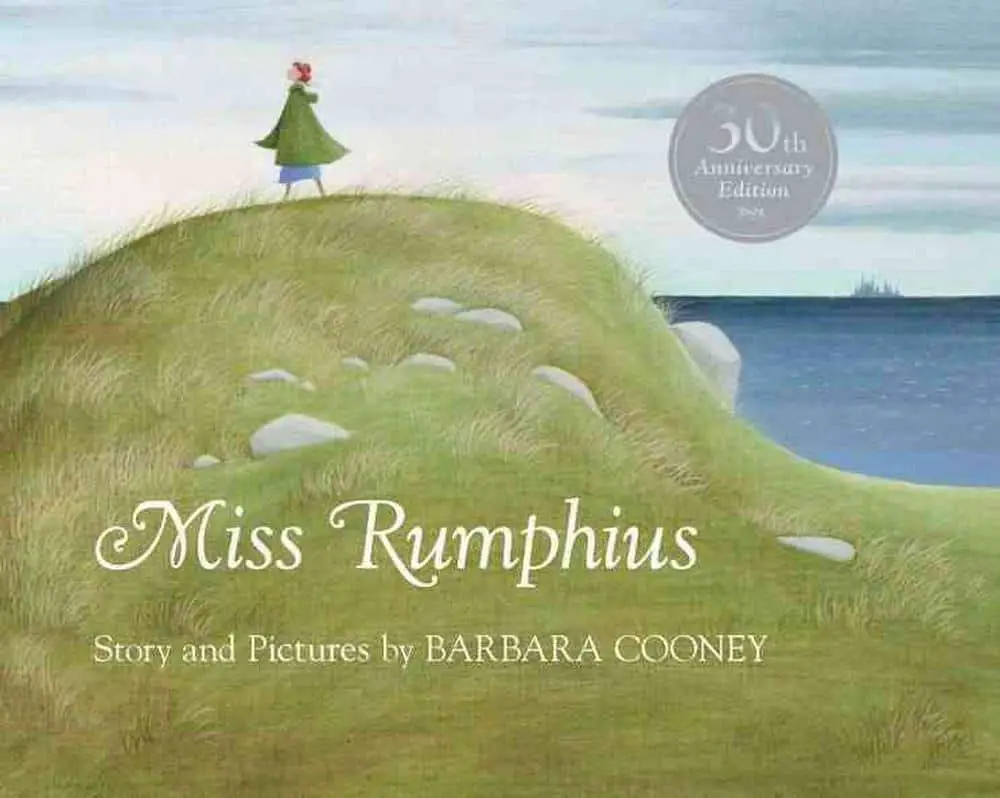-
Higglety Piggelty Pop! or There Must Be More To Life Analysis
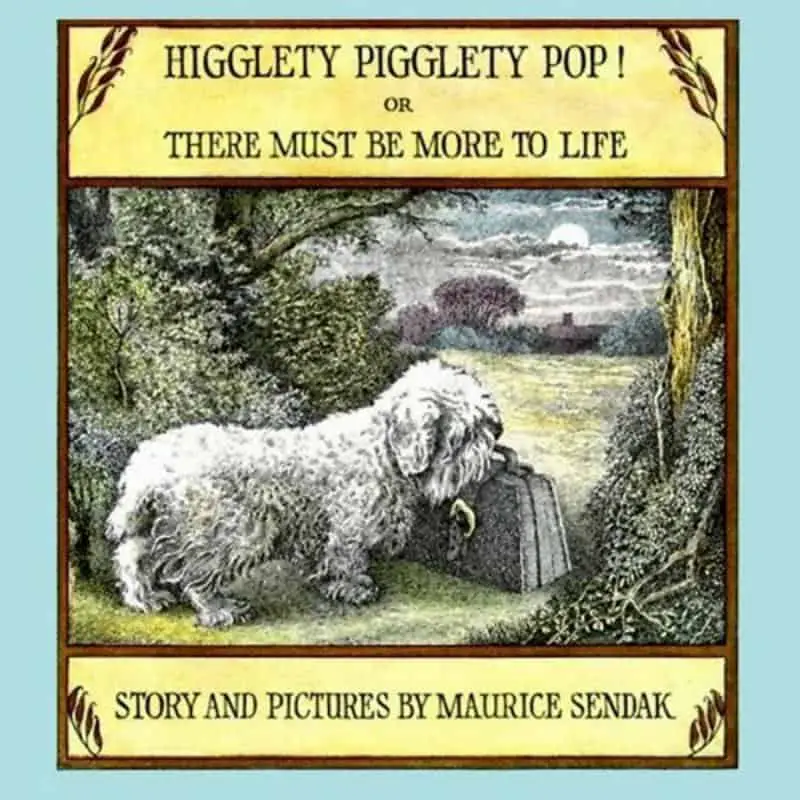
Higglety Pigglety Pop! or There Must Be More To Life is an illustrated short story, though some might just call it a picture book. The language is too sophisticated to count as an early reader, unlike the Mercy Watson series, of a similar length and also divided into chapters. Why divide such a short story […]
-
Gingerbread Girl by Stephen King Short Story Analysis

“The Gingerbread Girl” by Stephen King is a long short story by American writer Stephen King. Find it in Just After Sunset (2008).
-
John Brown, Rose and The Midnight Cat (1979) Picture Book Analysis
John Brown and the Midnight Cat is a classic Australian picture book by Wagner and Brooks. Children read a different story from adults.
-
Boredom and Storytelling
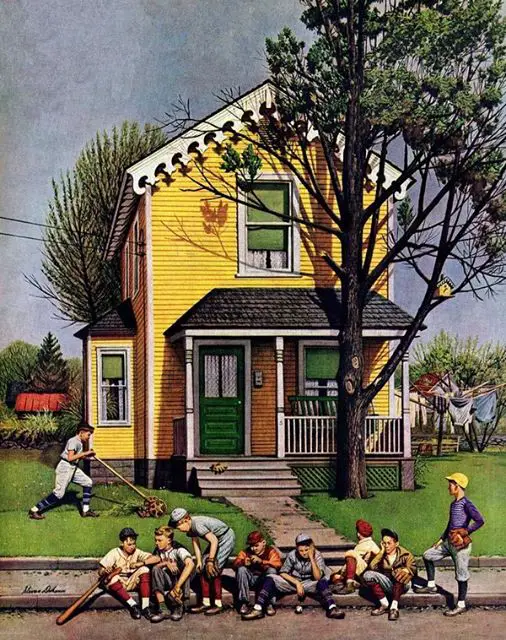
Why do fictional characters leave the house? Sometimes it’s because they face a crisis and are pushed into action. Melodramatic stories work like that. Sometimes characters are lonely, wanting friends or romance. Sometimes it’s because they’re curious and there’s a mystery to be solved. And sometimes boredom is the motivator. Stories can begin because characters […]
-
Sylvester and the Magic Pebble (1970) Picture Book Analysis
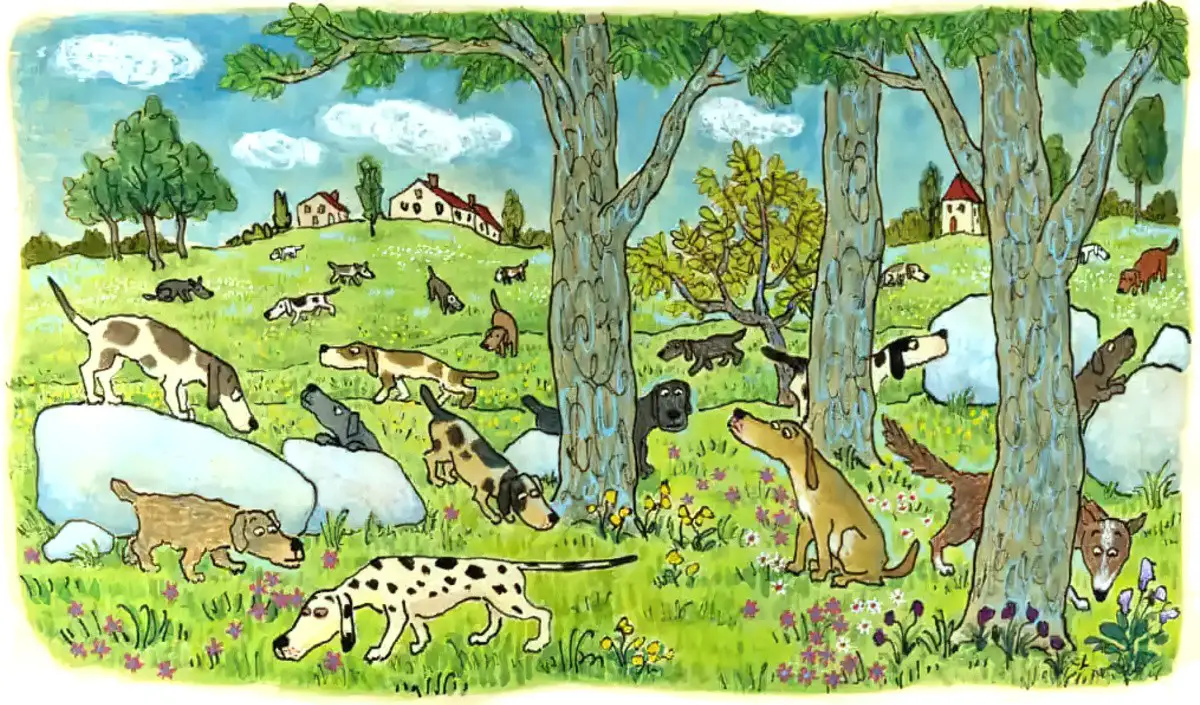
from the book “Sylvester and the Magic Pebble” written and illustrated by William Steig, published by Windmill Books, Simon & Shuster, New York, 1969. Winner of the Caldecott Medal in 1970
-
Animals Riding Other Animals In Illustration
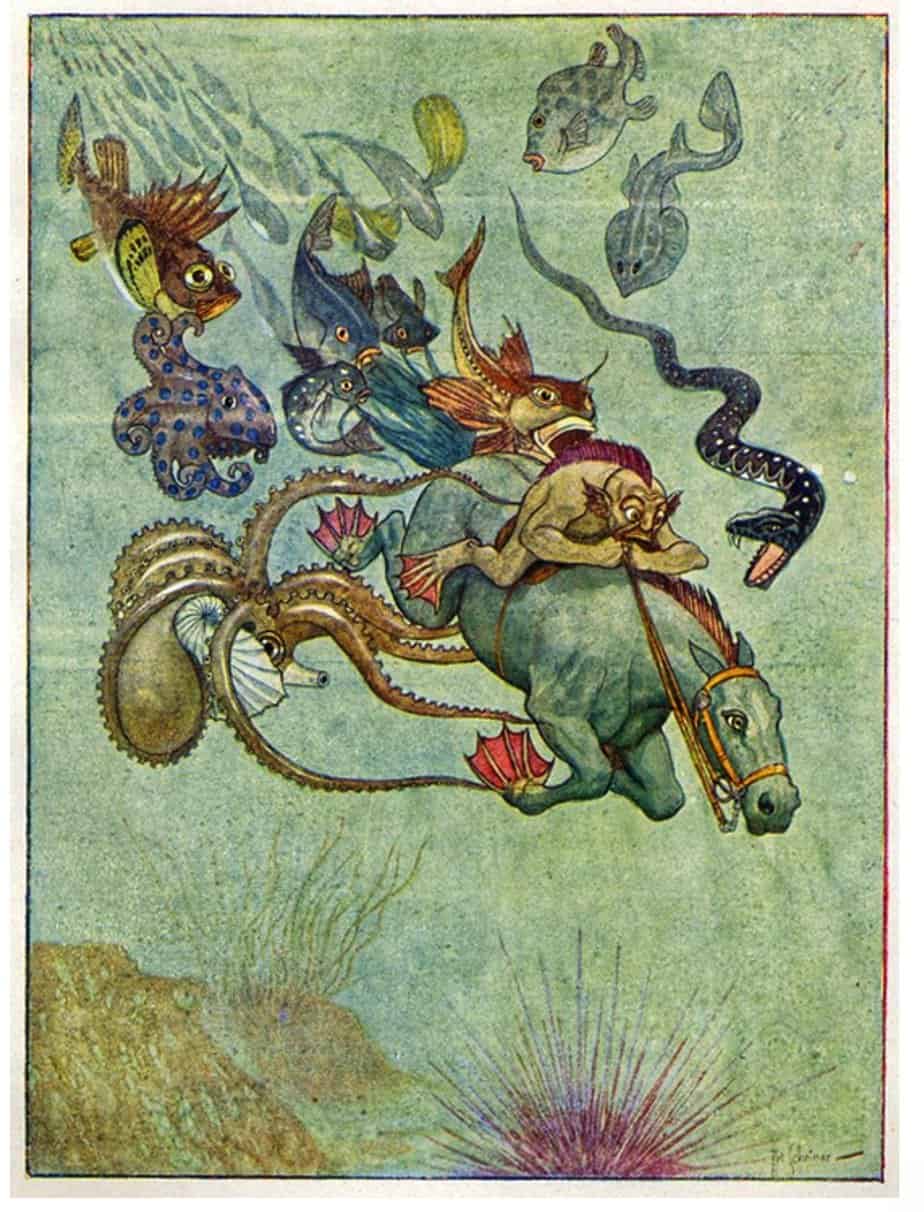
When I watched Rise of the Planet of the Apes I was disturbed for an unlikely reason. It wasn’t the dystopian aspect of a world where humans were no longer top of the food chain. The resonant image for me was when the apes were riding horses. I immediately checked myself. Why am I slightly […]
-
Town Musicians Of Bremen Fairy Tale Analysis
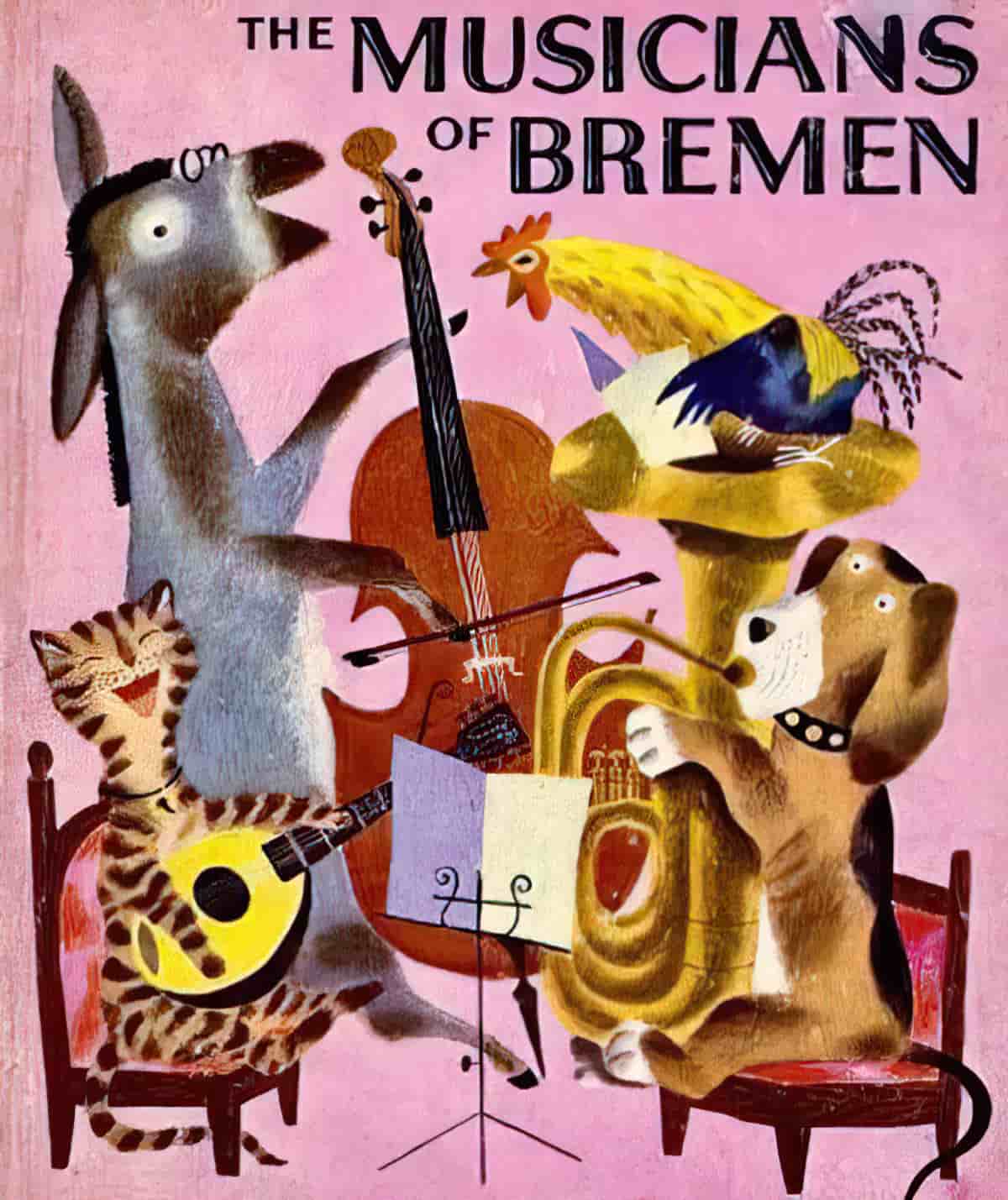
“The Town Musicians Of Bremen” is a German folktale. Its plot structure is so strong that many storytellers writing series for children borrow it.
-
Meal One by Cutler and Oxenbury Analysis
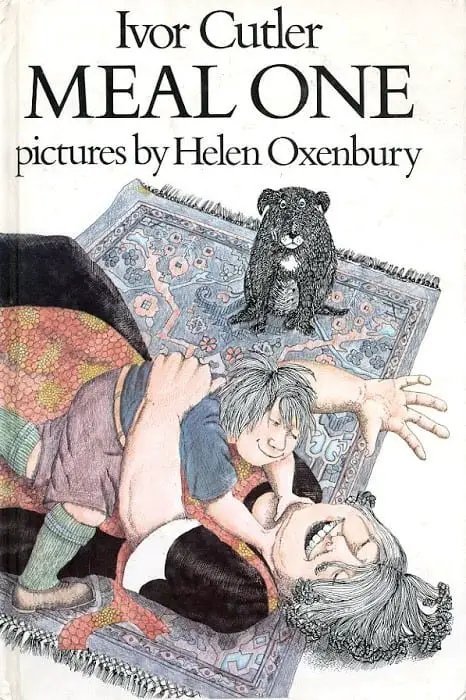
Meal One is a picture book written by Ivor Cutler, Illustrated by Helen Oxenbury, first published 1971.
-
Six Dinner Sid by Inga Moore (1993) Analysis
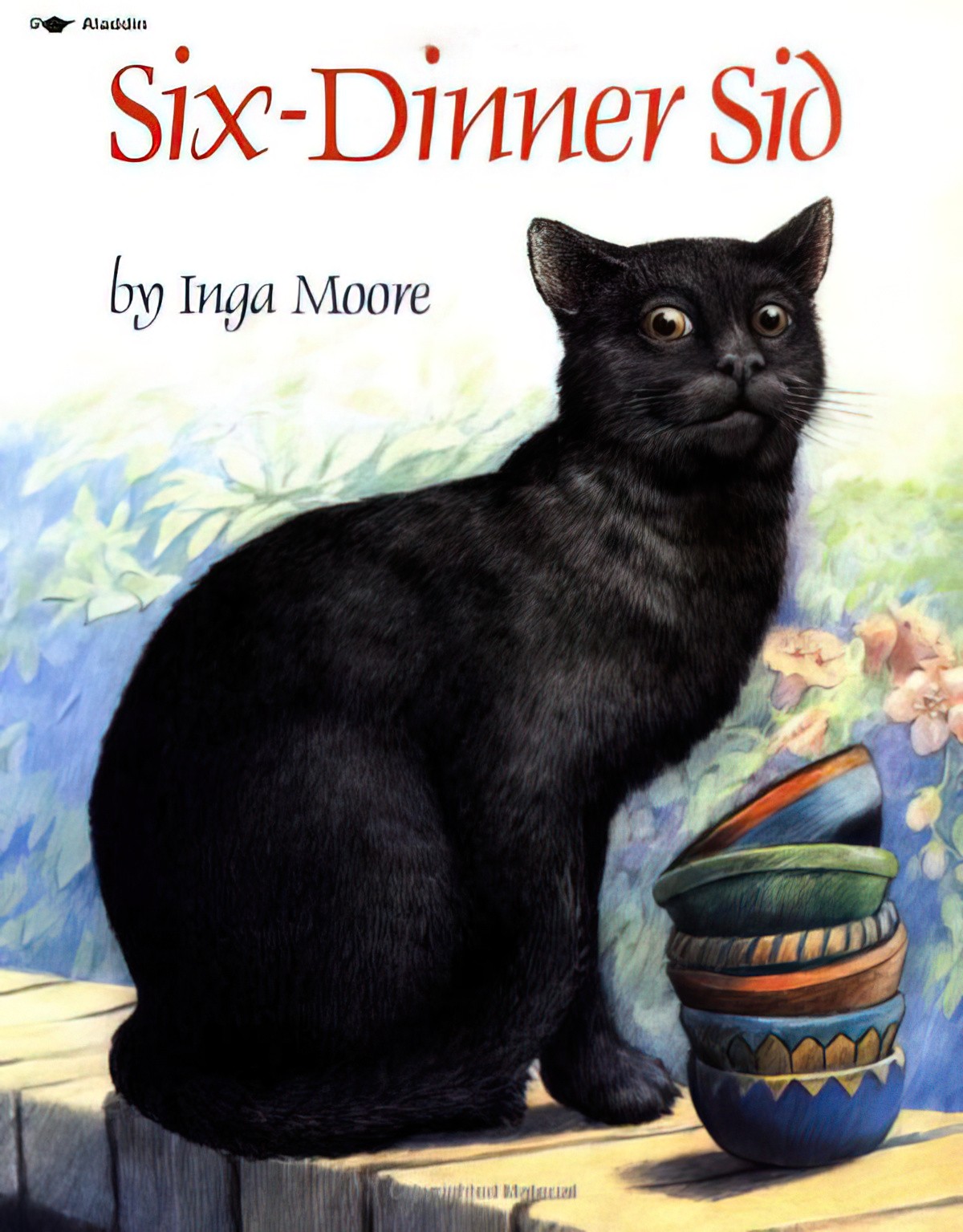
Six Dinner Sid is a 1993 picture book written and illustrated by Inga Moore.
-
Cannibalism in Storytelling
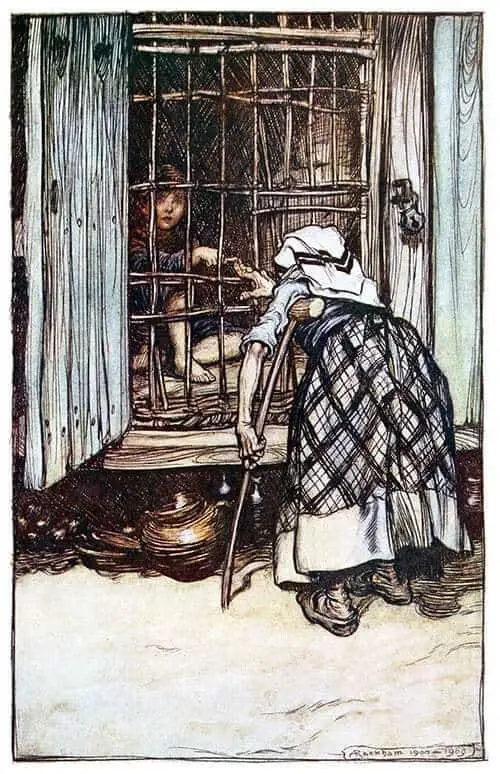
If you wanted to create a scary monster, the scariest ever, how would you go about it?
-
Emotion In Storytelling: Kindness and Pathos
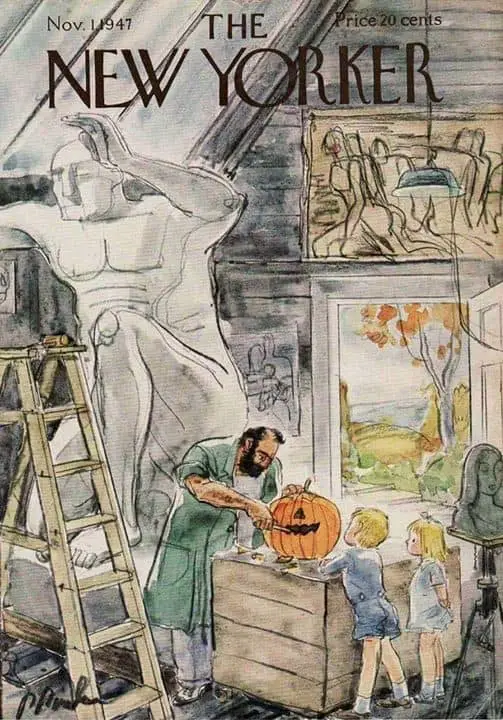
How does a storyteller create pathos in an audience? It’s not done by making a character sad. Nor is it done by simply killing a character off. Characters extending kindness to others is a far more reliable trick.
-
Jane Campion’s The Piano Film Study
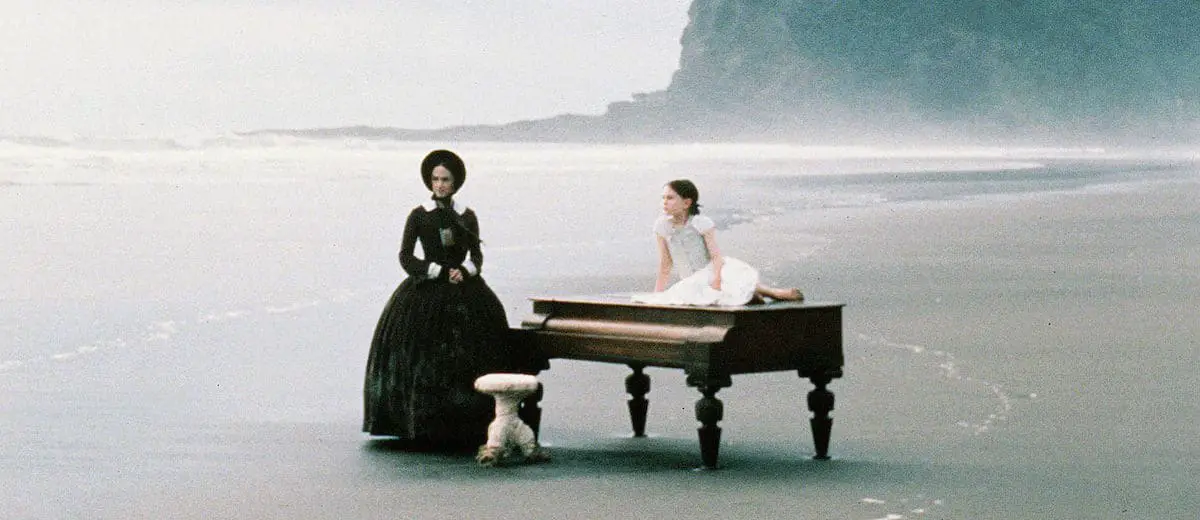
The Piano (1993) is a lyrical, fairytale film written and directed by Jane Campion, set and filmed in New Zealand near the beginning of white colonisation. SETTING OF THE PIANO Like many creative New Zealanders, Campion comes from Wellington. I don’t know why so much creativity comes out of the Wellington region, but I suspect […]
-
The Cat In The Hat by Dr Seuss: Archetypal Carnivalesque
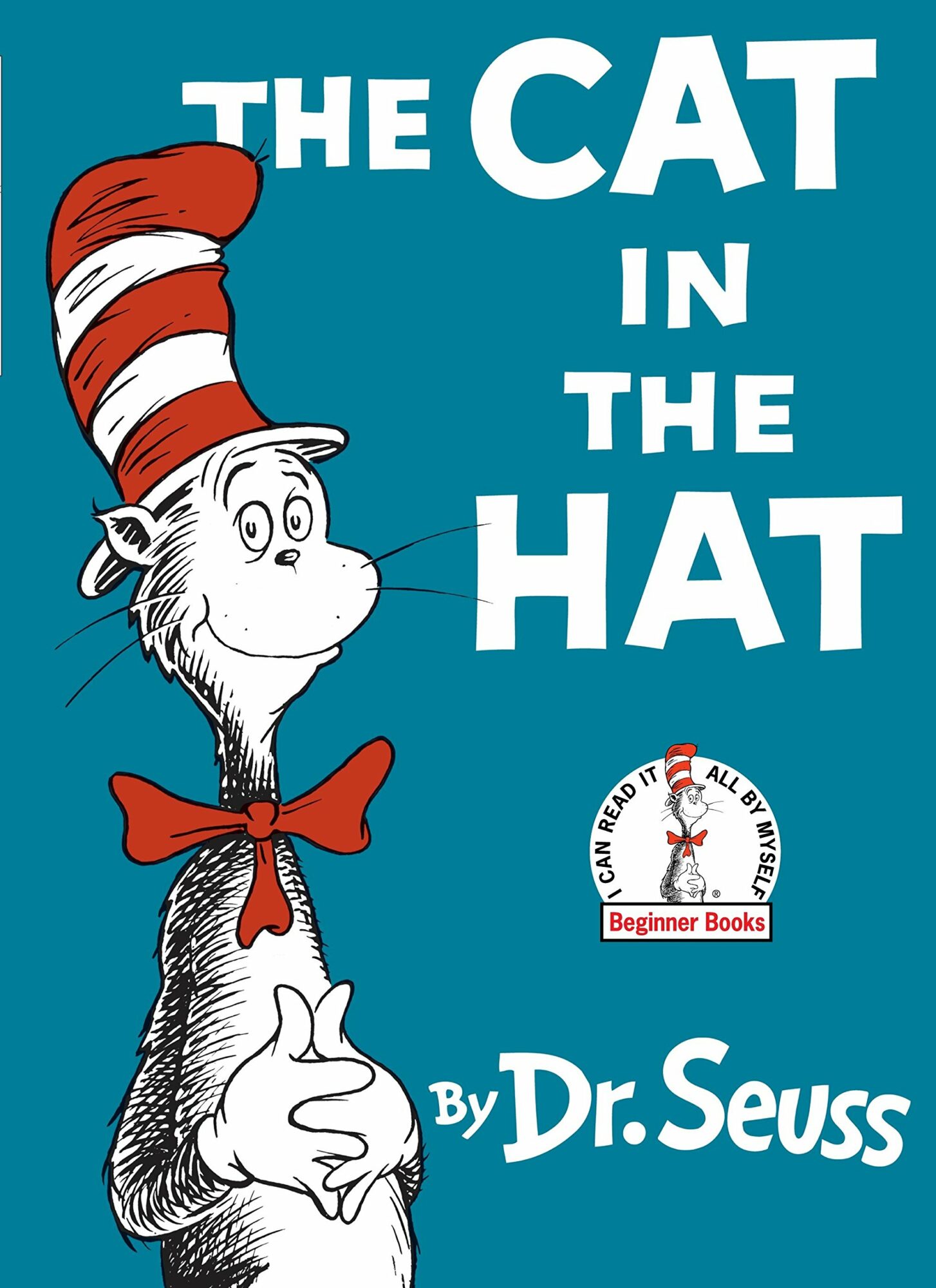
The Cat in the Hat is a 1957 children’s book written and illustrated by the American author Theodor Geisel, using the pen name Dr. Seuss. I keep mentioning this book as an archetypal example of the carnivalesque story subgenre in children’s literature but I’ve never actually broken that down, until now! THE REVOLUTIONARY POWER OF […]
-
What Is Psycho Narration?
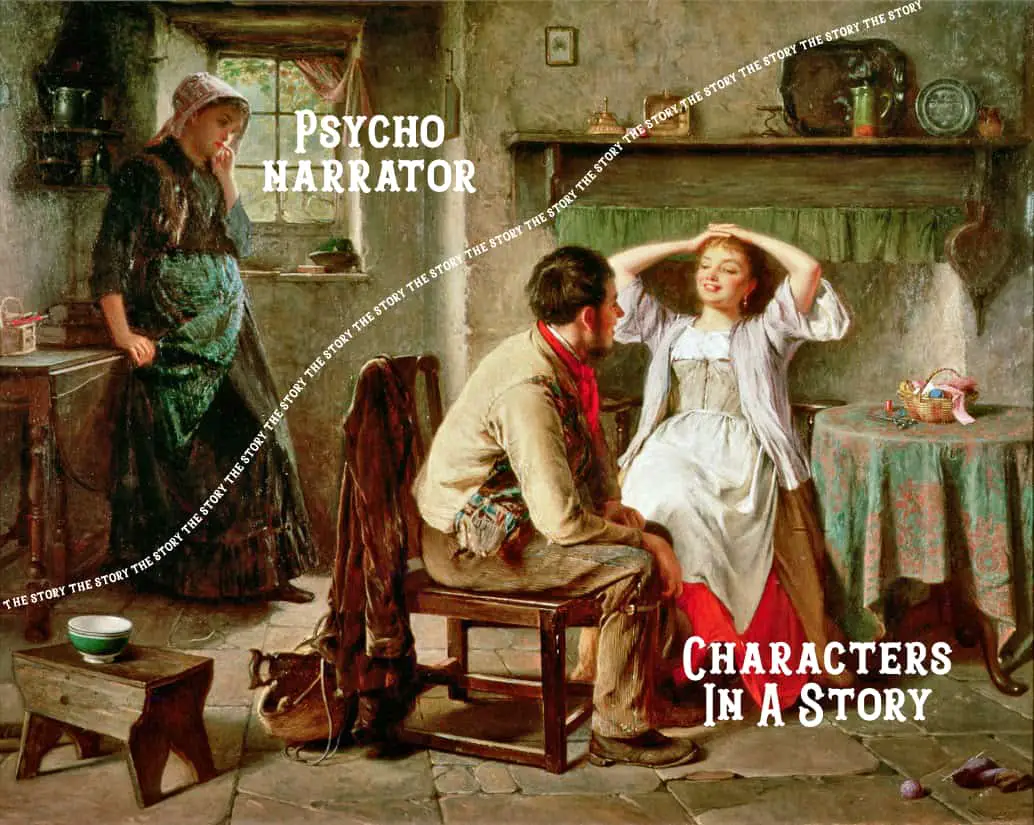
Psycho-narration describes how writers make use of omniscient narrators to reflect their characters’ consciousness. Sometimes, authors use an unseen narrator, but use the language of the character they describe. In other words, psycho narration is an ‘outside’ commentary of a character’s consciousness, but in the character’s own ‘words’. Because there’s no actual talking going on, […]
